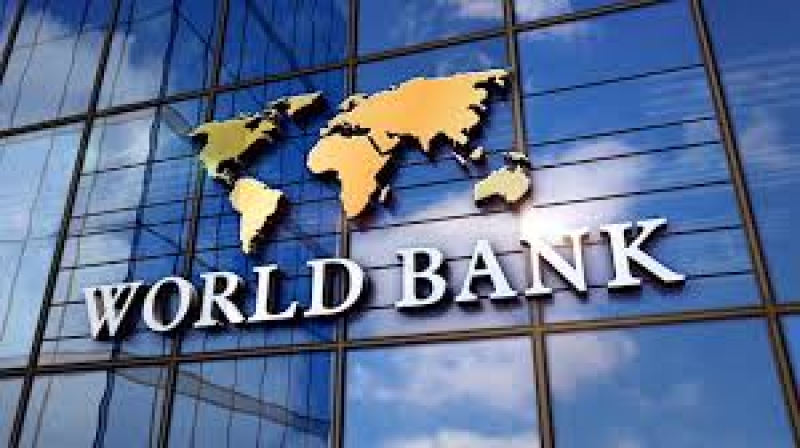- Israel Strikes Tehran with US Support Amid Nuclear Tensions |
- India Sees 9% Drop in Foreign Tourists as Bangladesh Visits Plunge |
- Dhaka Urges Restraint in Pakistan-Afghan War |
- Guterres Urges Action on Safe Migration Pact |
- OpenAI Raises $110B in Amazon-Led Funding |
WB Estimates $11B for Lebanon’s Rebuilding After Israel-Hezbollah War

The World Bank has estimated that Lebanon will require $11 billion for reconstruction and recovery following the 14-month-long Israel-Hezbollah war, according to a new report released on Friday.
The conflict, which resulted in over 4,000 deaths in Lebanon, displaced hundreds of thousands, and caused widespread destruction, has left a severe impact on the nation. The report, titled Lebanon Rapid Damage and Needs Assessment, examines damage and losses across ten sectors in Lebanon from October 8, 2023, to December 20, 2024.
Hezbollah's rocket attacks on October 8, 2023, marked the beginning of the war, which followed a Hamas-led incursion into southern Israel. Israel retaliated with airstrikes and shelling in Lebanon, leading to an escalating conflict that eventually turned into a full-scale war by late September. A ceasefire, brokered by the U.S., was implemented in late November.
The World Bank report reveals that $3 to $5 billion of the estimated $11 billion in reconstruction costs will need to be publicly financed, particularly for infrastructure. Private financing is required for the remaining $6 to $8 billion, primarily to rebuild housing, commerce, industry, and tourism sectors.
The total economic cost of the war to Lebanon is projected at $14 billion, with $6.8 billion in physical damage and $7.2 billion in economic losses due to reduced productivity, lost revenues, and operational disruptions.
The housing sector has been the most severely affected, with damages estimated at $4.6 billion. The conflict has also caused Lebanon's real GDP to shrink by 7.1% in 2024, a significant reversal from a projected growth of 0.9% if the war had not occurred.
By the end of 2024, Lebanon’s cumulative GDP decline since 2019 is expected to approach 40%.

